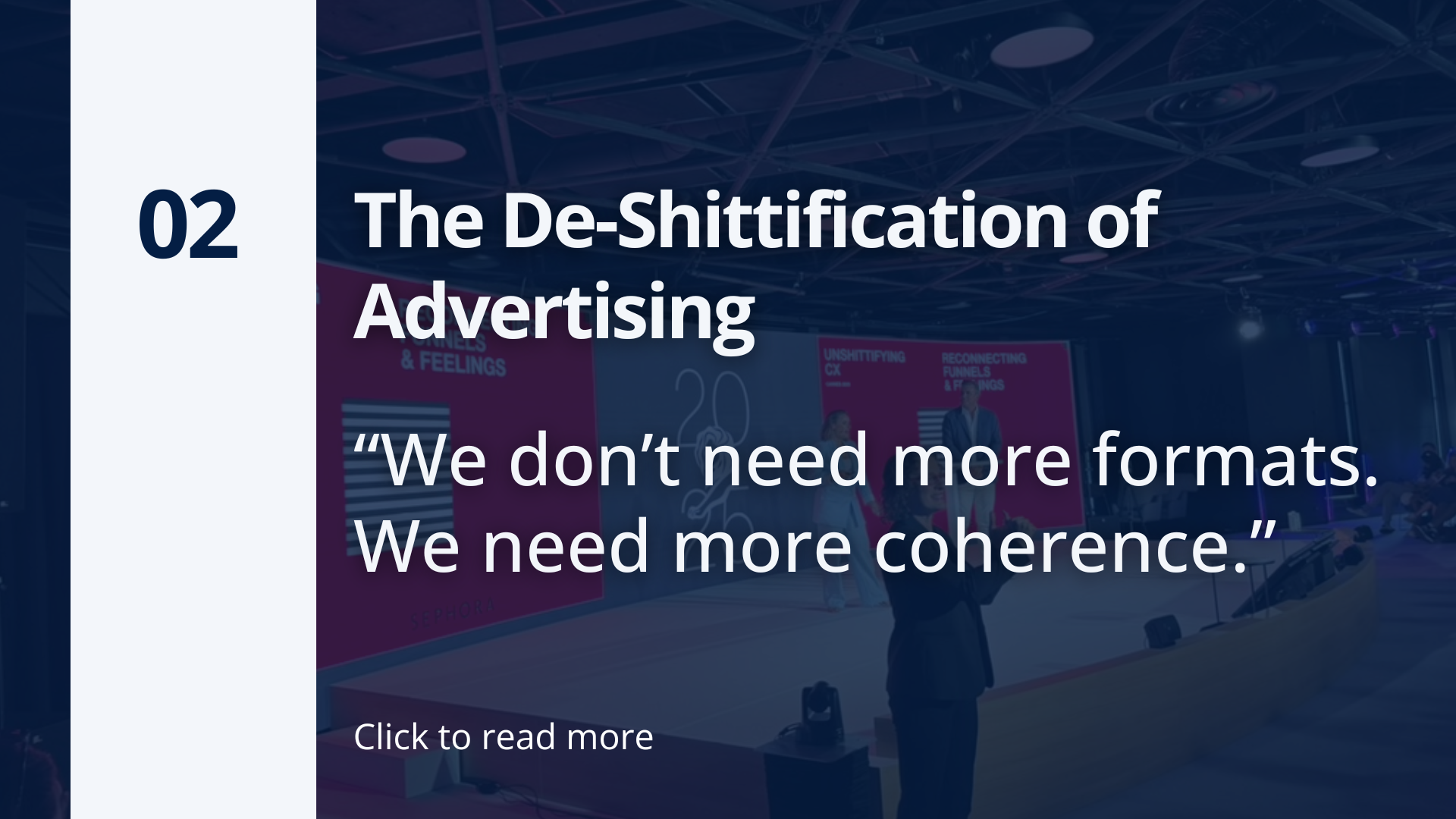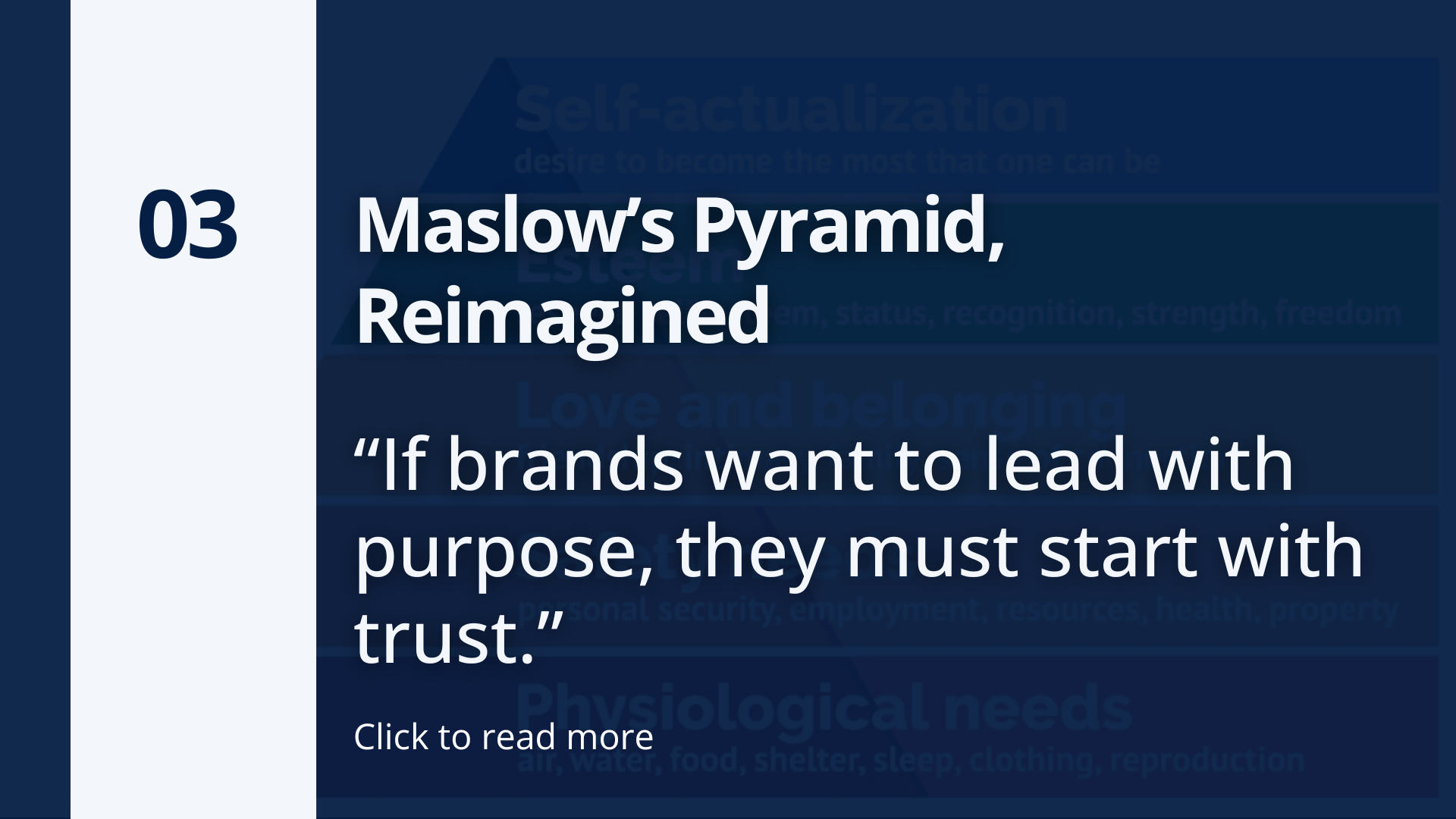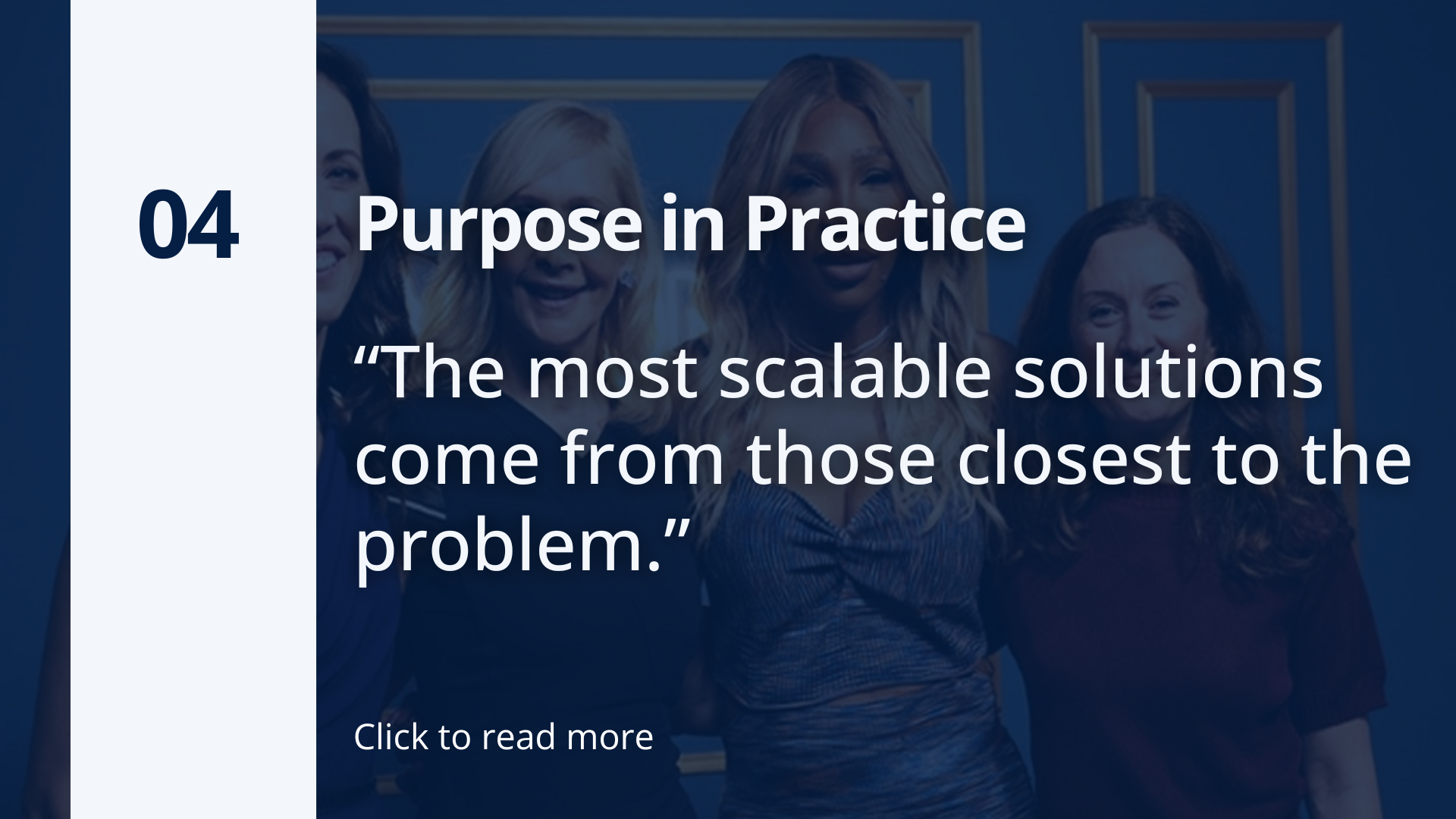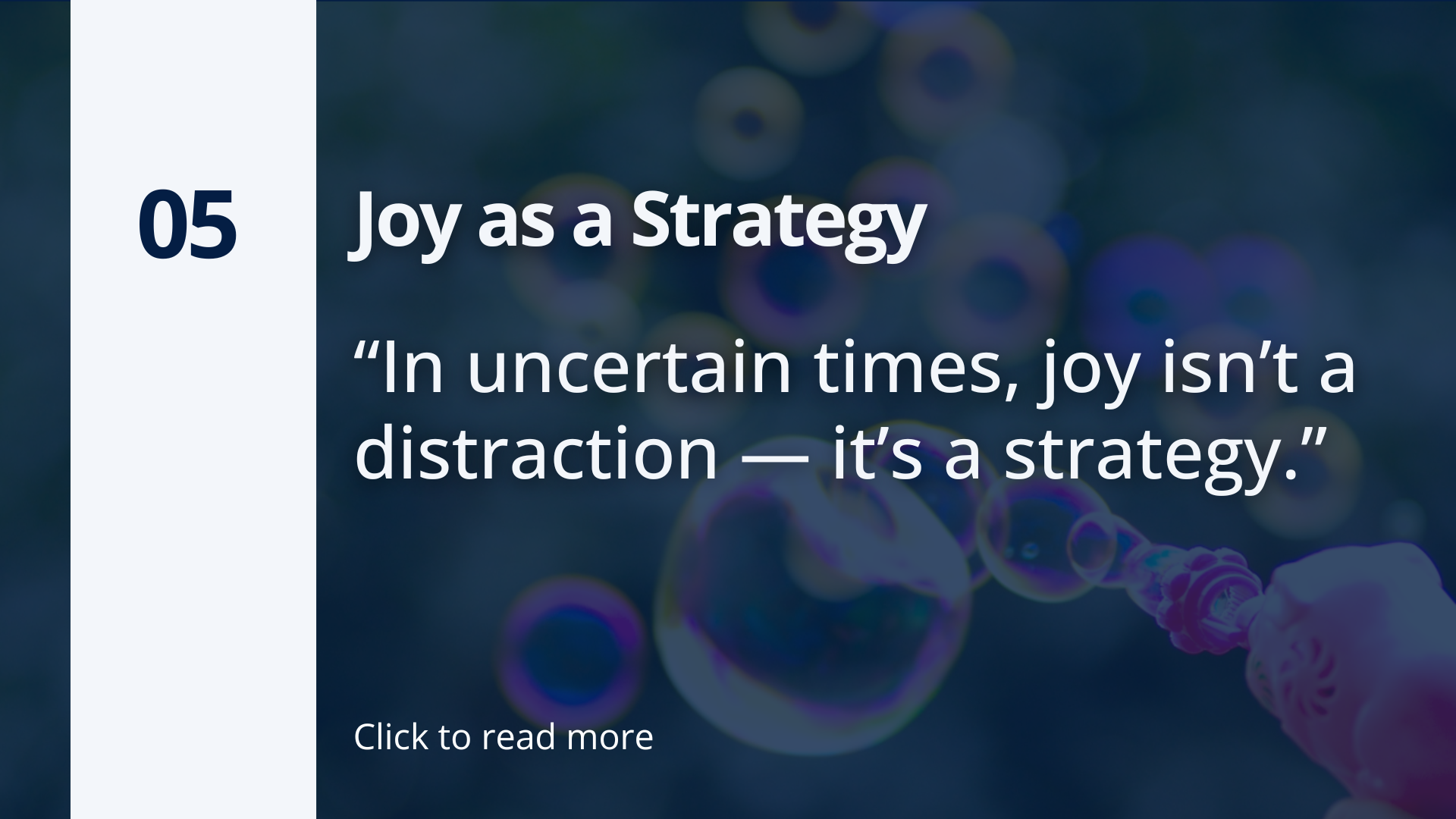By Sonia Carreno, President, IAB Canada
B2B marketing has long been seen as the less exciting cousin of the fast-paced consumer-facing counterpart. It’s been approached as a highly rational, linear and data-driven purchase cycle. Those who sat in on the LinkedIn session this afternoon featuring Dr. Marcus Collins, were enlightened on the facts – B2B is far more human than we once believed.
“People don’t buy products,” Collins said. “They buy into what people like them do.”
This impactful statement framed such an insightful conversation about how B2B buyers are influenced and that there may be a whole group of influencers that brands are not thinking about as they develop their strategy.
In partnership with LinkedIn, a fascinating study that surveyed 750 B2B buyers uncovered complete flips to conventional wisdom: two-thirds of the “jobs to be done” in B2B purchasing are emotional or social – not functional. Further, B2B decision makers are not just focused on budgets and developing business cases. They are actually more focused on navigating reputational risk, peer perception, and internal politics. In a time where job insecurity is at a fever pitch, the top concern wasn’t price or performance. It was “Can I defend this decision if things go wrong?”
Borrowing from Marcus Collins’ book For the Culture, the session argued that decision-making – especially in complex organizations – is governed by an invisible operating system: group identity. We don’t just make decisions as individuals; we make them as members of social and professional tribes.
Collins explains: “Culture is the social algorithm that governs what people like us do.” This means that in B2B, a vendor’s success often hinges on whether they’ve achieved category consensus – the sense that “companies like us use companies like you.”
This shift has some profound implications and truths for B2B marketers:
- Testimonials or relatable customer stories can outperform a big-name case study.
- Warm referrals from peers are more influential than a discount.
- Familiarity within a group, not awareness by an individual, drives viability.
This longer-term view calls for marketers to think about balancing their budgets between performance and longer-term brand building. The group dynamic calls for consistency in market and “always on” presence.
The study went on to offer a new framework for what makes a brand feel “safe to buy” in the boardroom:
- Relatability. Buyers need to see themselves and their challenges reflected in your content and tone. A case study from a similar org is 4x more effective than one from a market leader.
- Relationships. Previous positive experience and colleague endorsements were the strongest predictors of confidence. Trust is triangulated, not declared.
- Relevance. Being present in the right circles – not just the right channels – matters. “Companies are 8x more likely to be bought if the whole buyer group knows them,” one panelist noted.
It’s not about reaching decision-makers. It’s about making them feel like part of something shared.
In a world where B2B e-commerce is projected to exceed $20 trillion this year, even a 1% reduction in group indecision could unlock billions in value. That means brand marketing is no longer a cost center – it’s a trust engine.
Collins asked the twenty trillion dollar question as he wrapped up his talk: “Do people like me do something like this?”
If marketers can answer that simple question compellingly – not with data points, but with cultural fluency – then they’re not just selling software or services. They are selling a shared identity which in the social economy of B2B, is the most defensible product they have.
More Bold Ideas from Cannes Lions 2025
This article was published in Globe Media’s Coverage of Cannes Lions 2025
Sonia Carreno is a proud member of the Cannes Lions Advisory Board







